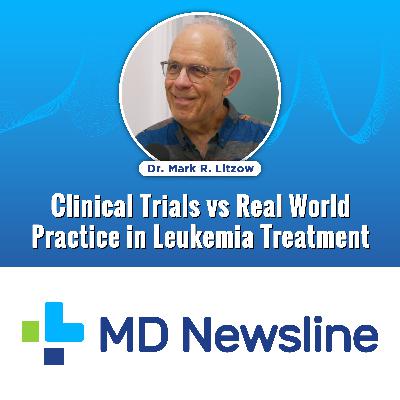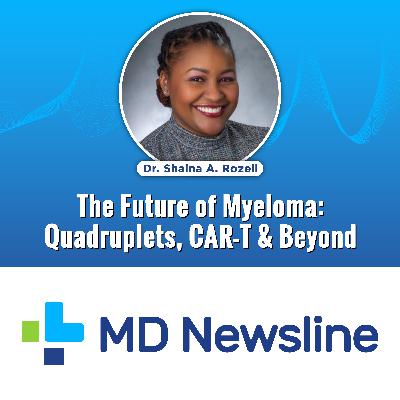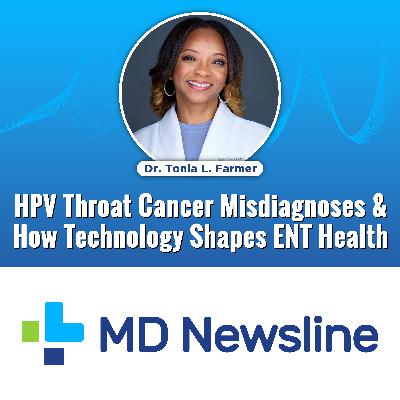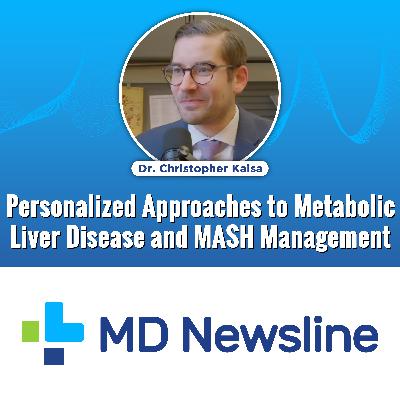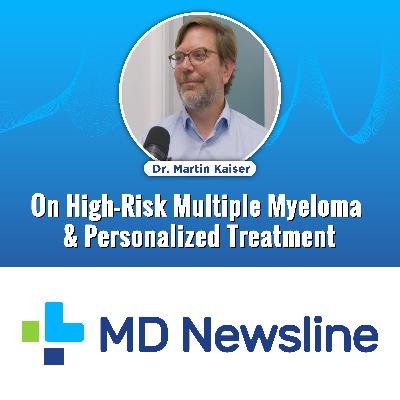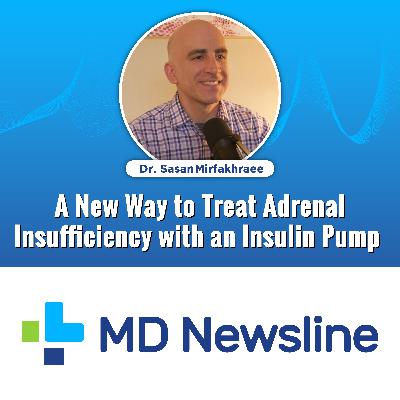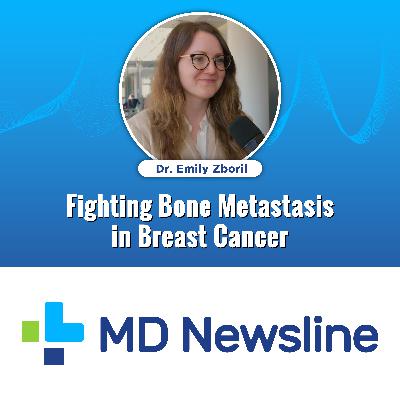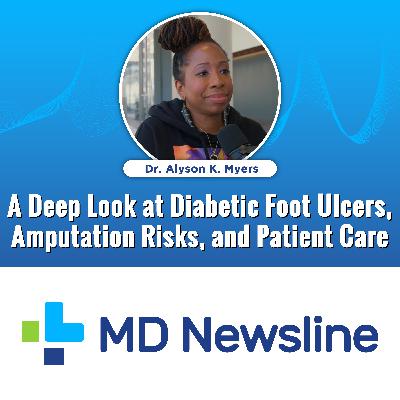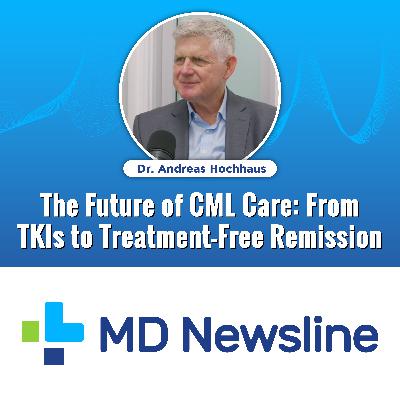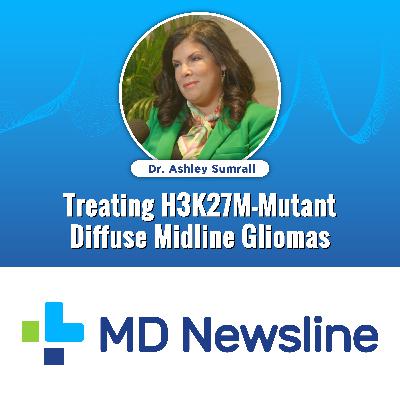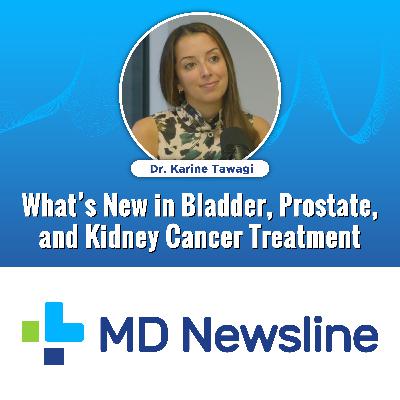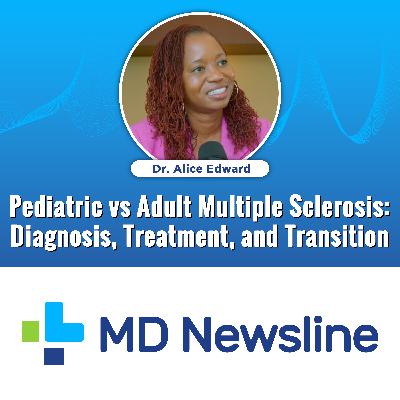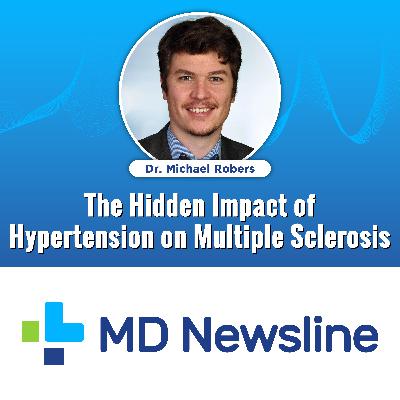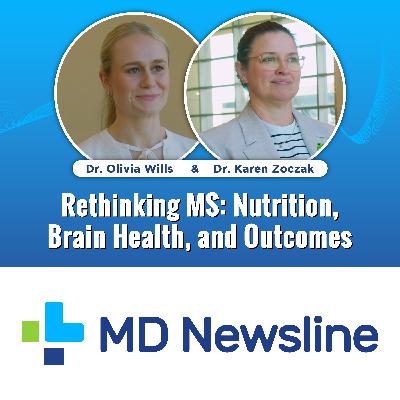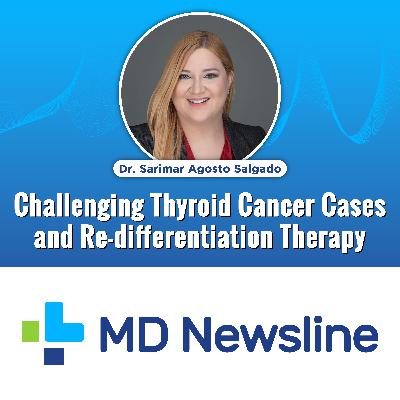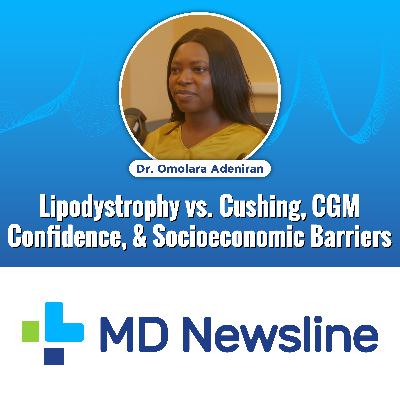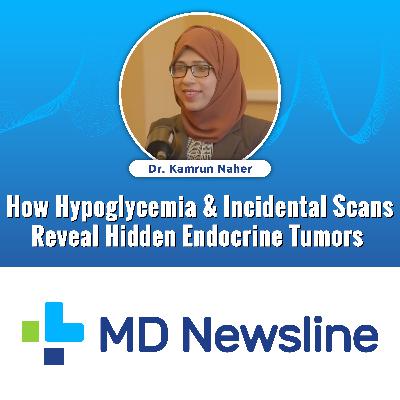Clinical Trials vs Real World Practice in Leukemia Treatment
Description
In this episode of MD Newsline, Dr. Mark R. Litzow, Professor of Medicine at the Mayo Clinic in Rochester, Minnesota, discusses the groundbreaking findings from the ECOG-ACRIN E1910 trial and the evolving role of immunotherapy in acute lymphoblastic leukemia (ALL). He explores how real-world evidence complements clinical trials, the challenges of standardizing measurable residual disease (MRD) testing, and the future of personalized treatment strategies in hematologic malignancies.
Dr. Litzow shares deep insights into how immunotherapy has transformed survival outcomes, how clinicians can balance efficacy and neuropsychiatric side effects, and why cross-disciplinary collaboration is key to advancing oncology care.
Episode Highlights
Real-World Evidence and Clinical Practice
Dr. Litzow explains the growing importance of real-world data in validating and refining clinical trial outcomes. While clinical trials have strict eligibility criteria, real-world settings introduce more patient diversity, offering valuable insights into treatment efficacy and tolerability across broader populations.
The ECOG-ACRIN E1910 Trial and Immunotherapy Advances
Dr. Litzow details the E1910 trial, which compared standard chemotherapy with and without blinatumomab, an immunotherapy agent targeting CD19 and CD3. The study demonstrated a significant survival benefit—85% versus 68%— for patients receiving blinatumomab, establishing it as a new standard of care for MRD-negative ALL patients.
Integrating MRD and Genomic Profiling in Decision-Making
He highlights how MRD testing and molecular risk profiling are shaping treatment pathways, enabling clinicians to better identify patients who can potentially avoid bone marrow transplantation through effective immunotherapy.
Adapting Pediatric Regimens for Adult Patients
Dr. Litzow discusses the use of pediatric-inspired chemotherapy regimens in younger adults and the challenges in adapting these treatments for older or high-risk patients. He emphasizes careful monitoring for toxicities such as hepatic and neuropsychiatric effects.
Balancing Treatment Intensity and Quality of Life
With immunotherapy showing strong efficacy, Dr. Litzow anticipates future strategies that reduce chemotherapy exposure, lower toxicity, and improve patient quality of life—especially for older adults or those with comorbidities.
Future Directions: AI, Cross-Specialty Collaboration, and Inflammation Research
Dr. Litzow shares his optimism about artificial intelligence enhancing trial data analysis and calls for cross-disciplinary collaboration between cancer biologists and clinicians. He also emphasizes the emerging role of inflammation in cancer development, urging broader, non-linear approaches to understanding disease mechanisms.
Key Takeaway
Dr. Litzow underscores a new era in ALL treatment—where immunotherapy, real-world evidence, and molecular diagnostics intersect to personalize care, extend survival, and minimize toxicity. As clinical science evolves, the focus is shifting from intensifying chemotherapy to optimizing immune-based precision therapies that improve both outcomes and quality of life.
Resources
Website: https://mdnewsline.com/
Newsletter: https://mdnewsline.com/subscribe/
Connect with Dr. Mark R. Litzow: Hera

